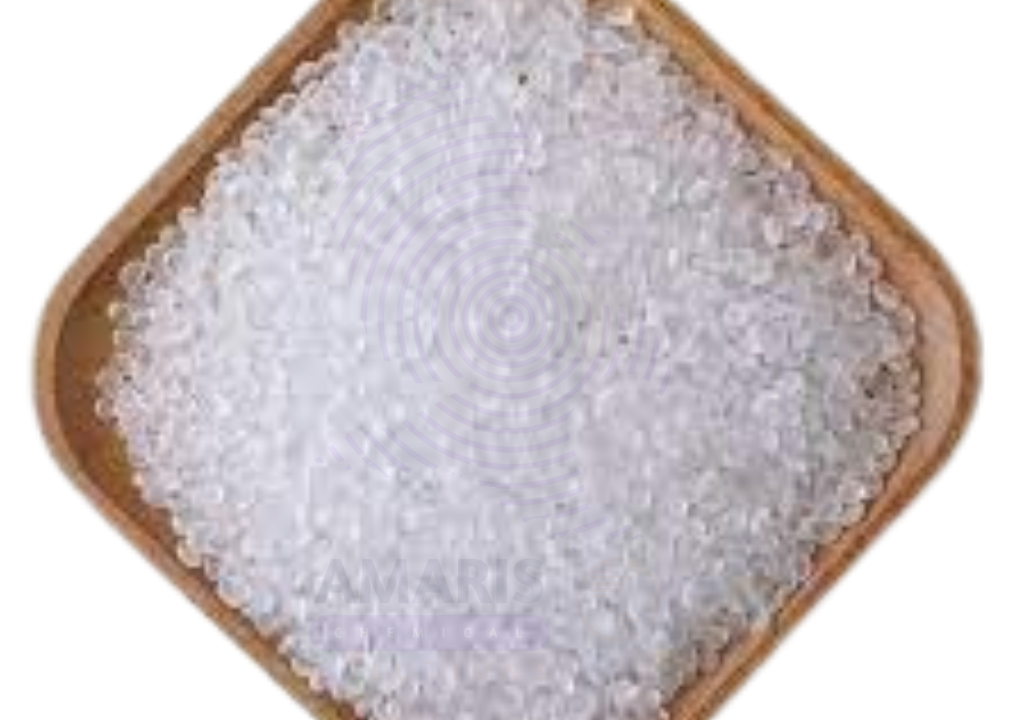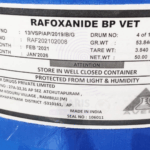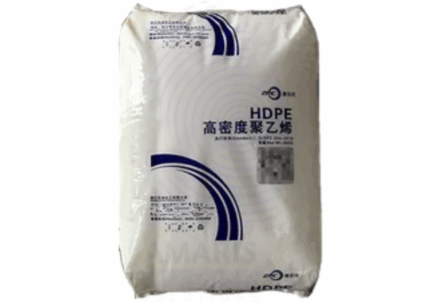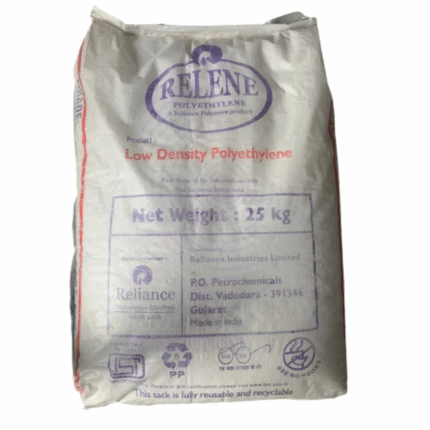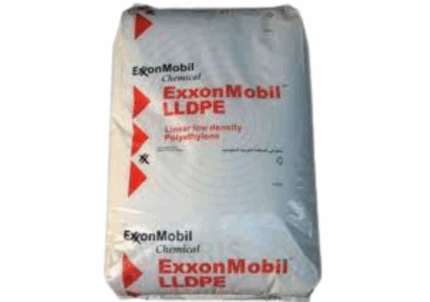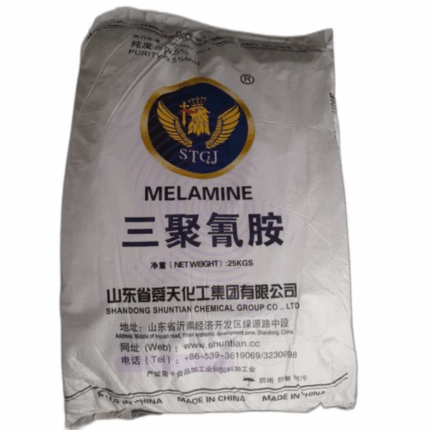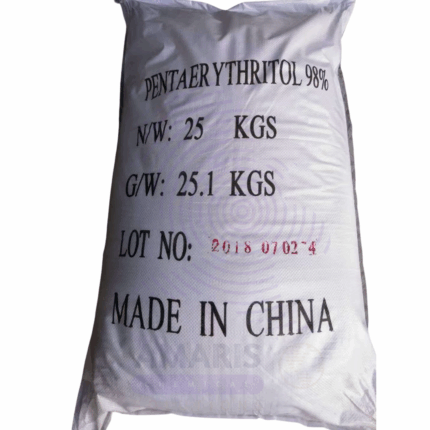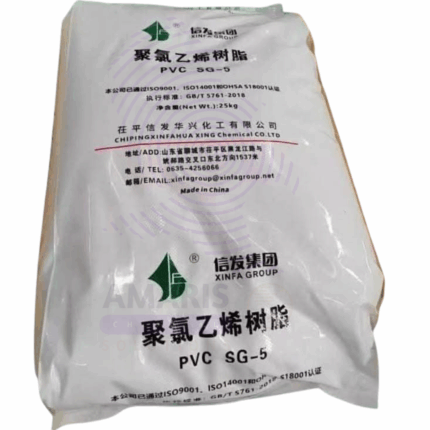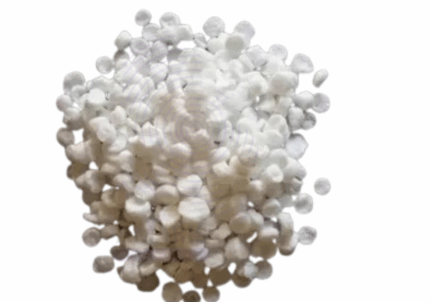RAP 55D
Whatsapp Order
RAP 55D is a grade of impact copolymer polypropylene (PP) resin designed primarily for injection molding applications. It features a balance of rigidity and impact strength, making it ideal for manufacturing durable plastic parts. This resin offers excellent processability, dimensional stability, and resistance to chemicals and moisture. RAP 55D is used across automotive, household, industrial, and packaging sectors due to its robust mechanical properties and versatility.
Description
Table of Contents
Toggle
RAP 55D
Primary Uses
- Injection Molding Industry
- Used to produce automotive parts such as battery cases, bumpers, interior trims, and dashboards due to its high impact resistance.
- Common in appliance housings (e.g., vacuum cleaners, washing machine panels) and tool casings where strength and thermal resistance are important.
- Utilized in industrial components like containers, crates, and pallets that require both toughness and structural integrity.
- Ideal for consumer product packaging, including caps, closures, and rigid containers.
- Electrical & Electronics
- Used in electrical enclosures, junction boxes, and cable reels due to its excellent insulation and mechanical properties.
- Furniture & Housewares
- Applied in the manufacturing of chair shells, buckets, storage boxes, and fittings requiring strength and durability.
Secondary Uses
- Compounding & Blending
- Acts as a base resin in masterbatch production, especially for impact-modified compounds and color concentrates.
- Construction Industry
- Used in pipe fittings, panels, and mounting elements requiring light weight and impact strength.
- Stationery & Toys
- Employed in making durable toys, folders, files, and toolkits due to its safety profile and moldability.
KEY PRODUCT FEATURES
1. Basic Identification Attributes
- Chemical Name (IUPAC): Poly(propene)
- Common/Trade Name: RAP 55D
- CAS Number: 9003-07-0
- HS Code: 3902.30.00
- Synonyms: Impact Copolymer Polypropylene; PP Copolymer RAP 55D
2. Physical & Chemical Properties
- Physical State: Solid (pellets)
- Color & Odor: Translucent to opaque; slight hydrocarbon odor
- Melt Flow Index (230°C/2.16kg): Typically 10–15 g/10 min (varies by supplier)
- Density: ~0.90–0.91 g/cm³
- Impact Strength: High (due to ethylene-propylene rubber phase)
- Solubility: Insoluble in water; soluble in hot aromatic hydrocarbons
3. Safety & Hazard Attributes
- GHS Classification: Not classified as hazardous
- Toxicity: Non-toxic under normal use; may emit fumes when overheated
- Exposure Limits: No specific occupational exposure limits for solid form
4. Storage & Handling Attributes
- Storage Conditions: Store in dry, cool, well-ventilated areas away from direct sunlight
- Container Type: Supplied in 25kg bags, jumbo bags, or bulk silos
- Shelf Life: Indefinite under proper storage
- Handling Precautions: Avoid dust formation; ensure proper grounding when transferring due to static charge potential
5. Regulatory & Compliance Attributes
- FDA compliant for food contact (check supplier certification)
- Meets RoHS and REACH requirements
- Manufactured under ISO and GMP conditions for industrial materials
6. Environmental & Health Impact
- Biodegradability: Not biodegradable
- Ecotoxicity: Low; inert in the environment
- Bioaccumulation: Not expected to bioaccumulate
- Recyclability: Fully recyclable (PP#5)
SAFETY HANDLING PRECAUTIONS
Safety Handling Precautions
- PPE Required: Gloves and eye protection when handling hot resin or during processing
- Handling Guidelines: Minimize dust; avoid overheating during molding
- Storage Measures: Keep containers tightly closed and stored in a dry, clean environment away from open flames and UV exposure
First Aid Measures
- Inhalation: If exposed to fumes, move to fresh air; seek medical attention if symptoms occur
- Skin Contact: Wash with soap and water; treat burns from hot material immediately
- Eye Contact: Rinse with plenty of water; seek medical help if irritation persists
- Ingestion: Not a likely route; seek medical attention if swallowed
Firefighting Measures
- Fire Hazards: Combustible solid; may emit toxic fumes when burning
- Extinguishing Media: Use water spray, foam, dry chemical, or CO₂
- Special Precautions: Firefighters should wear full protective equipment and SCBA
- Hazardous Combustion Products: Carbon monoxide, carbon dioxide, and hydrocarbon fumes
Related products
HDPE Injection HMA035/3255
HDPE Injection HMA035/3255 is a high-density polyethylene resin specially formulated for injection molding processes. This grade exhibits excellent flow characteristics with moderate melt flow index optimized for producing precise, high-strength molded parts with superior surface finish. It combines good impact resistance, stiffness, and chemical resistance with excellent dimensional stability. The resin ensures reliable processing performance across a broad temperature range and is suitable for complex, detailed, or large injection-molded components. It is supplied as uniform granules designed for smooth melting and consistent molding cycles.
LDPE film 200F
LDPE film 200F is a low-density polyethylene (LDPE) film with a thickness of 200 microns (0.2 mm). It is a flexible, transparent, and durable plastic film known for its excellent impact resistance, moisture barrier properties, and chemical inertness. LDPE films are widely used in packaging, agricultural applications, and protective coverings due to their toughness, ease of sealing, and resistance to tearing. The 200F grade indicates a medium thickness suitable for heavy-duty wrapping and industrial uses.
LLDPE injection 6201XR
LLDPE injection 6201XR is a linear low-density polyethylene resin specially formulated for injection molding applications. It offers excellent processability, high impact strength, and good flexibility. The material provides a balance of mechanical performance and ease of molding, making it ideal for producing thin-walled and complex-shaped parts. With superior clarity and toughness, LLDPE Injection 6201XR is widely used in manufacturing durable consumer goods, automotive components, and packaging items.
Melamine
Melamine is an organic compound widely used as a raw material in the production of melamine-formaldehyde resins, laminates, adhesives, coatings, and flame retardants. It offers excellent hardness, thermal stability, and chemical resistance. Supplied in 25kg bags, melamine is a white crystalline powder with high nitrogen content, making it a valuable additive in plastics, construction materials, and surface treatments.
Pentaerythritol
Pentaerythritol is a high-purity, crystalline polyol used extensively in the production of alkyd resins, synthetic lubricants, explosives, and plasticizers. Its multifunctional alcohol structure provides excellent stability, high melting point, and good compatibility with various chemicals. Pentaerythritol 98% is valued for its role as a building block in chemical syntheses, offering enhanced durability, flexibility, and resistance in end products.
Propylene PP Non Woven RH 38
Propylene PP Non Woven RH 38 is a polypropylene-based non-woven fabric known for its strength, durability, and lightweight properties. Manufactured through a process that binds polypropylene fibers without weaving, it results in a fabric that is breathable, resistant to chemicals and moisture, and highly versatile. This product is widely used in various industrial, medical, and consumer applications where disposable or reusable fabric is needed.
PVC K67
PVC K67 is a general-purpose polyvinyl chloride resin with a K-value of 67, indicating a medium molecular weight suitable for rigid applications. It is a white, free-flowing powder commonly used in the production of rigid PVC products such as pipes, fittings, profiles, and sheets. PVC K67 offers excellent processability, good mechanical strength, chemical resistance, and dimensional stability, making it ideal for a wide range of industrial and construction applications.
Styrene Polymer Copolymer
Styrene Polymer Copolymer is a high-performance copolymer consisting primarily of styrene combined with other monomers such as acrylonitrile or butadiene, designed to offer enhanced mechanical properties, chemical resistance, and processability. Supplied in bulk packaging of 230kg, it is widely used in plastics, adhesives, coatings, and rubber industries. This copolymer provides excellent toughness, thermal stability, and versatility, making it suitable for demanding industrial applications.


 Preservatives(food)
Preservatives(food) Flavor Enhancers
Flavor Enhancers Acidulants
Acidulants Sweeteners
Sweeteners Antioxidants
Antioxidants Colorants(food)
Colorants(food) Nutraceutical Ingredients (food)
Nutraceutical Ingredients (food) Nutrient Supplements
Nutrient Supplements Emulsifiers
Emulsifiers
 Collectors
Collectors Dust Suppressants
Dust Suppressants Explosives and Blasting Agents
Explosives and Blasting Agents Flocculants and Coagulants
Flocculants and Coagulants Frothers
Frothers Leaching Agents
Leaching Agents pH Modifiers
pH Modifiers Precious Metal Extraction Agents
Precious Metal Extraction Agents
 Antioxidants(plastic)
Antioxidants(plastic) Colorants (Pigments, Dyes)
Colorants (Pigments, Dyes) Fillers and Reinforcements
Fillers and Reinforcements Flame Retardants
Flame Retardants Monomers
Monomers Plasticizers
Plasticizers Polymerization Initiators
Polymerization Initiators Stabilizers (UV, Heat)
Stabilizers (UV, Heat)
 Antifoaming Agents
Antifoaming Agents Chelating Agents
Chelating Agents Coagulants and Flocculants
Coagulants and Flocculants Corrosion Inhibitors
Corrosion Inhibitors Disinfectants and Biocides
Disinfectants and Biocides Oxidizing Agents
Oxidizing Agents pH Adjusters
pH Adjusters Scale Inhibitors( water)
Scale Inhibitors( water)
 Antioxidants(cosmetic)
Antioxidants(cosmetic) Emollients
Emollients Fragrances and Essential Oils
Fragrances and Essential Oils Humectants
Humectants Preservatives
Preservatives Surfactants(cosmetic)
Surfactants(cosmetic) Thickeners
Thickeners UV Filters
UV Filters
 Fertilizers
Fertilizers Soil Conditioners
Soil Conditioners Plant Growth Regulators
Plant Growth Regulators Animal Feed Additives
Animal Feed Additives Biostimulants
Biostimulants Pesticides (Herbicides, Insecticides, Fungicides)
Pesticides (Herbicides, Insecticides, Fungicides)
 Active Pharmaceutical Ingredients (APIs)
Active Pharmaceutical Ingredients (APIs) Excipients
Excipients Solvents(pharmaceutical)
Solvents(pharmaceutical) Antibiotics
Antibiotics Antiseptics and Disinfectants
Antiseptics and Disinfectants Vaccine Adjuvants
Vaccine Adjuvants Nutraceutical Ingredients (pharmaceutical)
Nutraceutical Ingredients (pharmaceutical) Analgesics & Antipyretics
Analgesics & Antipyretics
 Analytical Reagents
Analytical Reagents Solvents(lab)
Solvents(lab) Chromatography Chemicals
Chromatography Chemicals Spectroscopy Reagents
Spectroscopy Reagents microbiology-and-cell-culture-reagents
microbiology-and-cell-culture-reagents Molecular Biology Reagents
Molecular Biology Reagents Biochemical Reagents
Biochemical Reagents Inorganic and Organic Standards
Inorganic and Organic Standards Laboratory Safety Chemicals
Laboratory Safety Chemicals Specialty Laboratory Chemicals(Special Laboratory Equipment)
Specialty Laboratory Chemicals(Special Laboratory Equipment)
 Demulsifiers
Demulsifiers Hydraulic Fracturing Fluids
Hydraulic Fracturing Fluids Scale Inhibitors(oil)
Scale Inhibitors(oil) Surfactants(oil)
Surfactants(oil) Drilling Fluids
Drilling Fluids
 Dyes and Pigments
Dyes and Pigments Bleaching Agents
Bleaching Agents Softening Agents
Softening Agents Finishing Agents
Finishing Agents Antistatic Agents
Antistatic Agents
 Admixtures
Admixtures Waterproofing Agents
Waterproofing Agents Sealants and Adhesives
Sealants and Adhesives Curing Compounds
Curing Compounds Concrete Repair Chemicals
Concrete Repair Chemicals Anti-Corrosion Coatings
Anti-Corrosion Coatings
 Surfactants(cleaning)
Surfactants(cleaning) Builders
Builders Enzymes
Enzymes Solvents (Cleaning)
Solvents (Cleaning) Fragrances
Fragrances
 Electronic Chemicals
Electronic Chemicals Catalysts
Catalysts Lubricants
Lubricants Photographic Chemicals
Photographic Chemicals Refrigerants
Refrigerants Automotive chemicals
Automotive chemicals Pyrotechnic Chemicals
Pyrotechnic Chemicals
 Biodegradable Surfactants
Biodegradable Surfactants Bio-based Solvents
Bio-based Solvents Renewable Polymers
Renewable Polymers Carbon Capture Chemicals
Carbon Capture Chemicals Wastewater Treatment Chemicals
Wastewater Treatment Chemicals
 Pigments
Pigments Solvents(paint)
Solvents(paint) Specialty Coatings
Specialty Coatings Binders/Resins
Binders/Resins Additives
Additives Driers
Driers Anti-Corrosion Agents
Anti-Corrosion Agents Functional Coatings
Functional Coatings Application-Specific Coatings
Application-Specific Coatings
 Fresh Herbs
Fresh Herbs Ground Spices
Ground Spices Whole Spices
Whole Spices Spice Blends
Spice Blends Dried Herbs
Dried Herbs
 Leavening Agents
Leavening Agents Dough Conditioners
Dough Conditioners Flour Treatments
Flour Treatments Fat Replacers
Fat Replacers Decoratives
Decoratives Preservatives(baking)
Preservatives(baking)
 Plasticizers & Softeners
Plasticizers & Softeners Reinforcing Agents
Reinforcing Agents Adhesion Promoters
Adhesion Promoters Vulcanizing Agents
Vulcanizing Agents Antidegradants
Antidegradants Blowing Agents
Blowing Agents Fillers & Extenders
Fillers & Extenders Accelerators & Retarders
Accelerators & Retarders